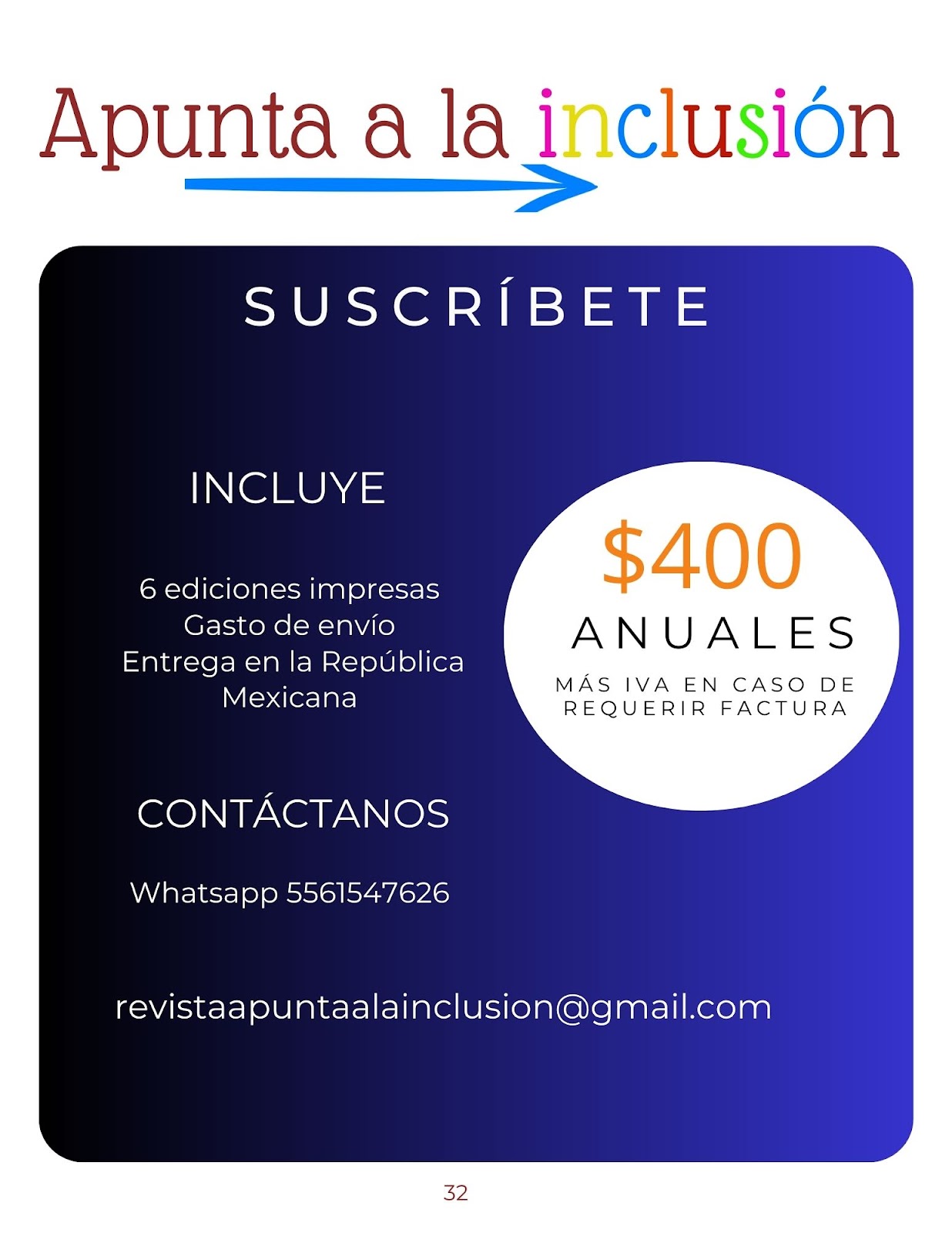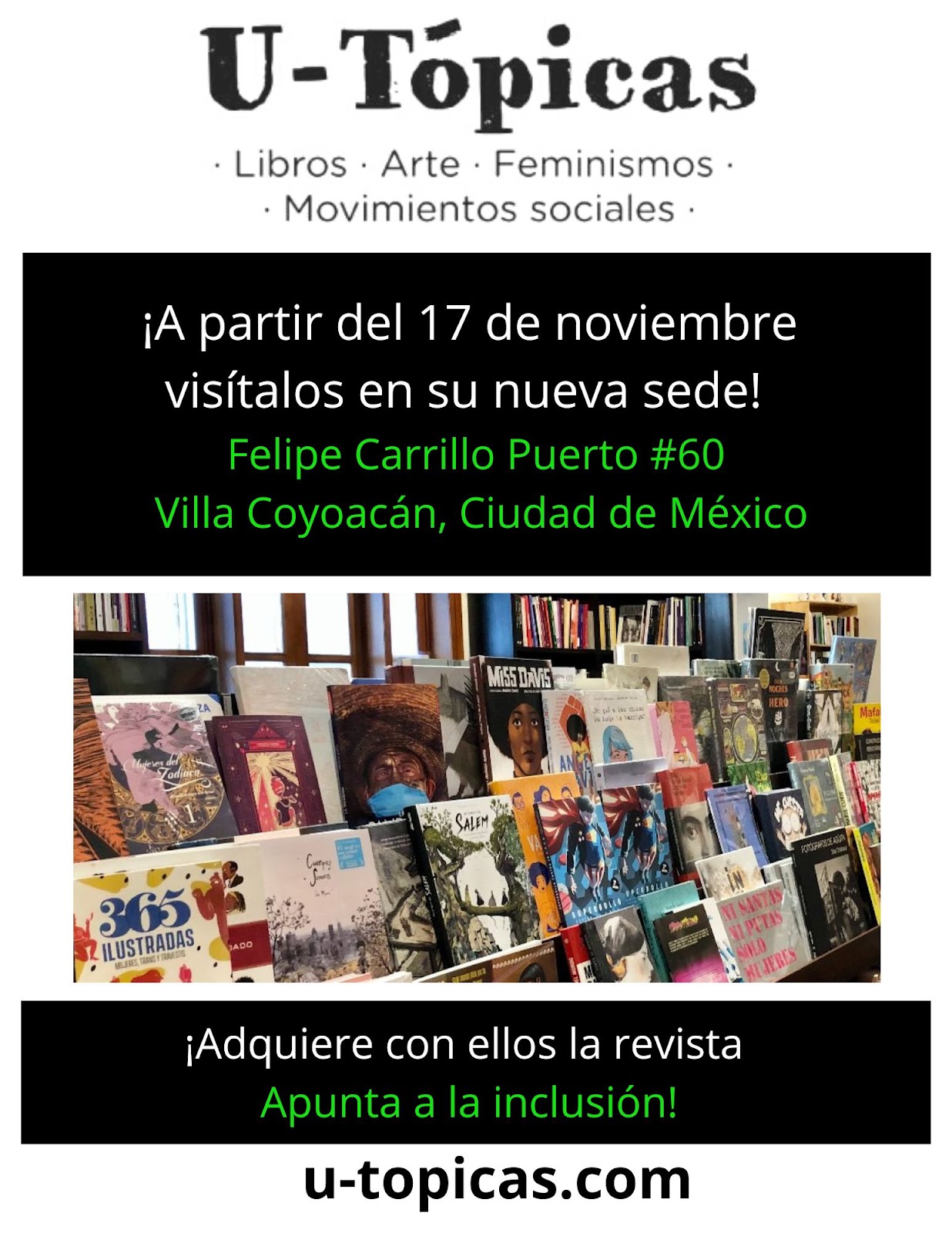Consideran que el concepto de accesibilidad es útil también para ciudadanos mayores, niños y familias, y no solo para quienes tienen discapacidad
Expertos en arquitectura, urbanismo y diseño participaron este miércoles en Madrid en un encuentro organizado por AccessibleEU para debatir sobre la integración de la accesibilidad en la edificación y el entorno urbano y concluyeron que el concepto de accesibilidad debe ligarse al de usabilidad y extenderse por ello a colectivos como el de las personas mayores, niños y familias en general.
Titulada ‘Accesibilidad y vivienda: ¿Se tienen en cuenta las necesidades de todas las personas?’, la jornada se desarrolló en el Colegio Oficial de Arquitectos de Madrid, entidad también organizadora junto a AccessibleEU y el Ministerio de Vivienda y Agenda Urbana.
Contó en su inauguración con la presencia de María Teresa Verdú, directora general de Agenda Urbana y Arquitectura del Ministerio de Vivienda y Agenda Urbana; Teresa Táboas, vicepresidenta de la Unión Internacional de Arquitectos; Marta Vall-llosera, presidenta del Consejo Superior de Colegios de Arquitectos de España; José Luis Martínez Donoso, director general de Fundación ONCE; Óscar Moral, presidente del Comité Español de Representantes de Personas con Discapacidad en la Comunidad de Madrid, y Sigfrido Herráez, decano del Colegio Oficial de Arquitectos de Madrid.
En su intervención, Verdú quiso dejar claro que “la accesibilidad no es una opción”, sino un derecho que ha de estar presente en todas las políticas encaminadas a la consecución de entornos y ciudades habitables para todos. “Hablar de accesibilidad es hablar de un derecho que debe guiar el diseño de ciudades, edificios y viviendas para que puedan disfrutarlos todas las personas”, ya tengan discapacidad, sean mayores o niños, afirmó.
En este sentido, apuntó que hay que trabajar en la accesibilidad (siempre como elemento integrado en cualquier proyecto arquitectónico) de la nueva construcción, pero también del parque ya construido, ya que existen “muchas deficiencias” relacionadas, por ejemplo, con la instalación de ascensores o rampas.
Como Verdú, Táboas y Vall-llosera coincidieron en señalar que pese a los avances conseguidos, hay que seguir trabajando para lograr que todas las personas se sientan cómodas, no solo en sus casas, sino también en el espacio público que conforman las viviendas, que es el espacio colectivo y que tanta cohesión e inclusión genera. “Juntos podemos construir un futuro donde la palabra acceder sea sinónimo de posibilidad”, afirmó la representante internacional de los arquitectos.
En lamisma línea se pronunció el director general de Fundación ONCE, quien afirmó que “la accesibilidad del entorno construido es fundamental para garantizar la inclusión de las personas con discapacidad”. En su opinión, este principio cobra aún más importancia en las viviendas, “espacios en los que pasamos gran parte de nuestro tiempo diario”. En este sentido, abogó por que las zonas comunes en los entornos residenciales sean accesibles, “ya que facilitan la interacción y la vida comunitaria”. Y esta necesidad, finalizó, “se vuelve aún más relevante en nuevas formas de alojamiento, como el ‘cohousing’ y el ‘coliving’, donde la relación entre vecinos es un aspecto esencial”,
Así lo vio también Moral, quien puso el acento en la necesidad de informar y formar a los colectivos involucrados de una y otra forma con las medidas de accesibilidad, para que entiendan que se trata de un punto “real y necesario” que afecta a las personas con discapacidad, pero también a las mayores o a aquellas otras que en un momento dado tienen un problema de movilidad.
La jornada
El encuentro pretendió impulsar soluciones que garanticen entornos construidos más inclusivos y funcionales para todos y que disminuyan así las cifras de personas con discapacidad que no pueden salir de sus casas de forma autónoma por contar con demasiadas barreras arquitectónicas. Abogó por “una vivienda accesible para todos”
Viviendas no accesibles
En este sentido, un informe elaborado en 2021 por la Fundación Mutua de Propietarios y la Confederación Española de Personas con Discapacidad Física y Orgánica (COCEMFE) revelaba que el 63% de las viviendas españolas no son accesibles para personas con movilidad reducida y que solo el 0,6% lo son completamente.
Con estos y otros datos sobre la mesa y con el propósito de diseñar viviendas y entornos cómodos y accesibles para todos, no solo para los habitantes con discapacidad, el evento se planteó como un punto de encuentro entre profesionales que se proponen ahondar en el concepto de accesibilidad y ligarlo a los de usabilidad y comodidad.
De esta forma, los arquitectos, urbanistas y diseñadores que participaron en la jornada expusieron puntos de vista y experiencias para tejer medidas de accesibilidad a la vivienda desde distintas perspectivas. Así, el encuentro contó con tres mesas de trabajo que partieron en el debate de las siguientes preguntas y premisas: ‘¿Tengo opción a vivir en la casa que quiero y necesito?’, ‘Hogar, dulce hogar: mi casa, a mi manera’ y ‘Dando forma a la casa de tus sueños’.
En la primera de las mesas de debate (‘¿Tengo opción a vivir en la casa que quiero y necesito?’) se abordó la oferta pública y las políticas de vivienda, además de su legislación (Ley de Propiedad Horizontal), en tanto que “cuestiones esenciales que la administración pública, a todos los niveles (estatal, autonómico y local) debe afrontar para cubrir las necesidades de toda la ciudadanía”, considera Jesús Hernández, director de AccessibleEU y participante también en el encuentro.
La segunda mesa, titulada ‘Hogar, dulce hogar: mi casa, a mi manera’, abordó las necesidades de personas con discapacidad y personas mayores en su día a día y cómo la no accesibilidad de los entornos de vivienda les supone uno de los problemas más graves en su vida cotidiana. “Las tendencias europeas como las establecidas en la New European Bauhaus deben apoyar e impulsar el diseño de una vivienda para todas las personas”, sostiene Hernández en este sentido.
Finalmente, la mesa titulada ‘Dando forma a la casa de tus sueños’ pone el foco en los profesionales a la hora de dar forma a esas exigencias marcadas por la agenda pública y, sobre todo, por quienes habitarán las viviendas. “La vivienda es el inicio de toda la cadena de accesibilidad en el día a día de las personas, por lo que es esencial afrontar la accesibilidad de manera prioritaria en este punto”, consideran desde AccessibleEU.
AccessibleEU
El Centro Europeo de Accesibilidad, ‘AccessibleEU’, nació en 2022, cuando la Comisión Europea adjudicó a un consorcio de entidades lideradas por Fundación ONCE su puesta en marcha como uno de los principales compromisos de la Estrategia Europea de accesibilidad. Pretende promover la accesibilidad en todos los países de la Unión Europea.






































